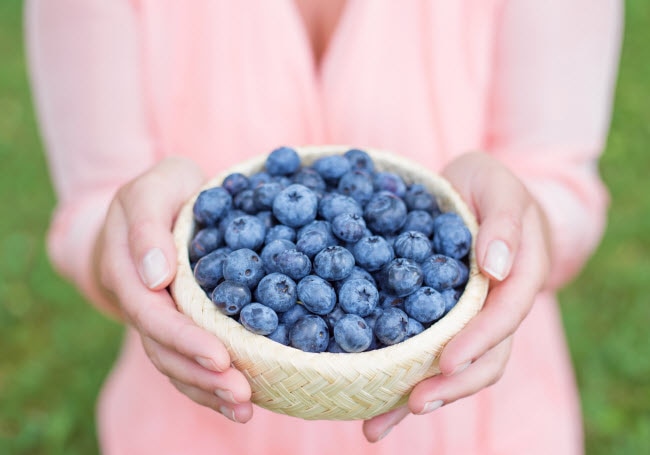Many of us are aware of the link between what we eat and the health of vital organs such as the heart and liver. However, diet is often overlooked as a contributor to the health of our largest organ – our skin! While acne has many causes and treatments, making some dietary tweaks can help lessen the condition’s severity and improve the overall health of your skin. Consult this guide for an overview of which foods and nutrients have acne-fighting power — and which ones you should steer clear of — to achieve your best complexion ever.
Food for clear skin
1. Probiotics
Research continues to demonstrate a link between gut health and everything from weight loss to immunity, so it’s not surprising that a healthy gut has been found to help support clearer skin. It’s important to maintain healthy levels of “good bacteria” – while keeping “bad bacteria” (which may be linked to increased acne) at bay – to promote gut health. Consuming probiotic-rich foods is one way to do this.
Fill your plate: Sauerkraut, kimchi, kombucha, kefir, miso and yogurt are all good sources of probiotics.
2. Antioxidants
Antioxidants are beneficial compounds found in a variety of foods. They work to negate the harmful effects of free radicals, which are harmful molecules produced during normal body processes but also as a result of exposure to UV sunlight, pollution and smoke. Research suggests that antioxidants play a role in reducing inflammation in the body and thereby they may help promote the health of our skin.
Fill your plate: Choose a variety of colorful produce including red, yellow and orange peppers, blueberries and dark leafy greens.
3. Unsaturated fat
This healthy type of fat plays a part in the proper absorption of vitamins A, D, E and K, while also providing anti-inflammatory benefits that can improve skin health.
Fill your plate: Great sources of unsaturated fat include salmon, hemp seeds, nuts and avocado.
4. Zinc
An essential mineral, zinc is important for overall skin health and acne prevention. Zinc is responsible for regulating oil production in the skin and helps control some of the hormones related to acne.
Fill your plate: Boost your zinc intake by adding lentils, mushrooms, whole grains and chickpeas to your diet.
Foods to avoid for acne improvement
1. Caffeine
Drinking coffee can be a part of a healthy diet; however, overconsumption of caffeine, whether it’s consumed as coffee, tea or soda, can exacerbate existing acne. Excess caffeine also increased stress hormones that can play a role in the appearance of acne.
Try this instead: Enjoy a cup of herbal tea as part of your morning routine.
2. Added sugar
Desserts such as cake, cookies and ice cream are delicious, but eating too many sweets on a regular basis could trigger an increase in acne. Added sugar should be limited to no more than 25 grams per day for women and 38 grams per day for men. Less is always gbetter, but going above this limit may aggravate skin issues.
3. Refined/processed foods
Consuming foods that are low in fiber and high in carbohydrates – think: white pasta, white rice, potato chips and other packaged foods – contributes to acne. These foods often cause spikes in blood sugar which can impact hormones linked to acne breakouts.
4. Dairy
While dairy is a great source of calcium and protein, for some, this food group can lead to complications with skin. The hormones naturally found in dairy foods make them a common acne culprit.
Skin health is a complex issue and cannot be attributed to any one thing. However, just as overeating can make us feel sluggish, it’s easy to see how what we eat on a daily basis could manifest itself in the clarity of our skin. Making some small dietary changes could have a positive impact on your health and help you to achieve a healthy, glowing complexion.

